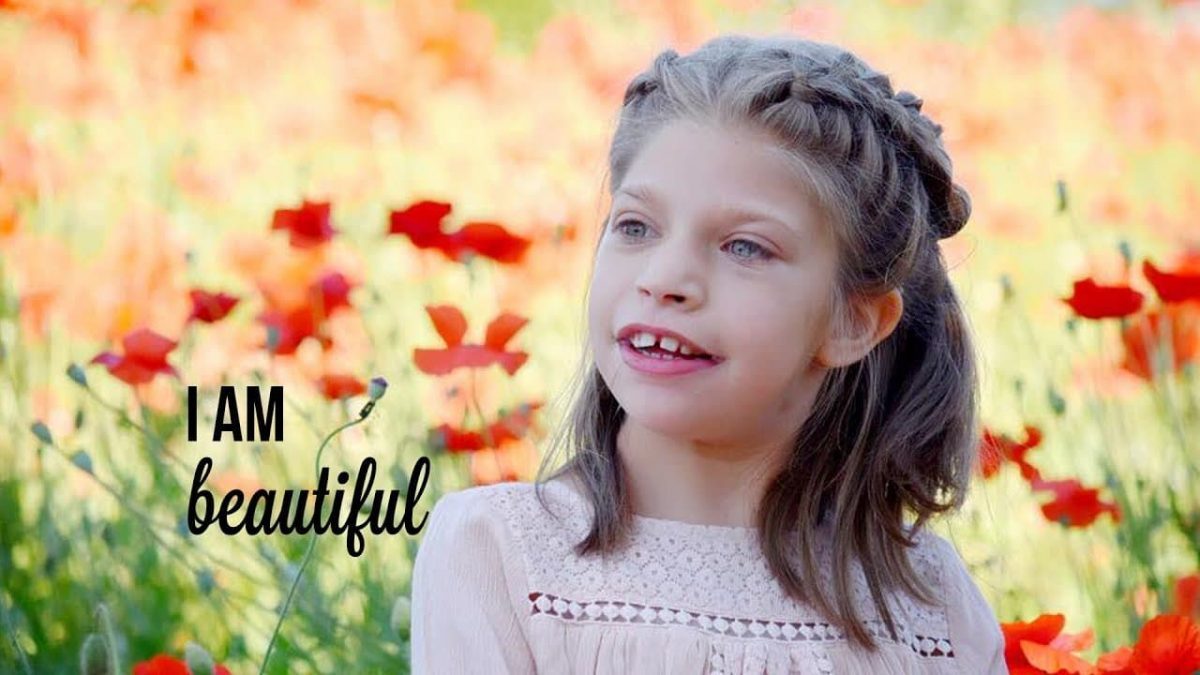
El Pitt-Hopkins syndrome is an ultra-rare disease, there are barely 50 cases in the world diagnosed. In reality, it is not known how many people are affected by it, because performing diagnostic tests is very expensive, that is why we are talking about a disorder that affects the first world, because it is here where it has been possible to diagnose. The cause is known to be genetic, a mutation de novo that affects the TCF4 gene.
Syndrome Pitt-Hopkins is a neurodevelopmental disorder. It is characterized by developmental and mental retardation, which can range from moderate to severe. Other complications associated with this syndrome are respiratory problems, recurrent seizures, epilepsy.
Is there a prenatal diagnosis of Pitt-Hopkins syndrome?

The appearance of Pitt-Hopkins syndrome does not come from a genetic alteration present in either of the two parents. When Hopkins syndrome is detected in the child both parents must be tested, mainly to detect the presence of mosaicism. The chances of this mutation occurring again in another pregnancy are very low. The possibility of recurrence in the same family is less than 1%.
Prenatal diagnosis is possible, but it is usually only done when the couple has already had a baby with this syndrome. Prenatal diagnosis is made by performing a chorionic biopsy or a amniocentesis. The first test can be done from 11 weeks of gestation and usually gives faster results. Amniocentesis is usually done at the 16th week of gestation.
As of today, screening tests for Fetal DNA in maternal blood does not allow a diagnosis in patients with children with previous Pitt-Hopkins syndrome.
What are children with Pitt-Hopkins syndrome like?

In general these children are very happyThey empathize very well with people, although they may show spontaneous mood swings for no apparent reason. They are usually moved children. They are capable of understanding much more than they are capable of expressing. And is that most of these children cannot speak, but they do use sign language, or communicate through images. Have difficulties in planning and coordination. It's easy to see them "flap" with both arms to show their arousal.
In some pages that talk about Pitt-Hopkins syndrome they talk about distinctive facial features as are the thin eyebrows, somewhat smaller head, sunken eyes, prominent nose with a raised nasal bridge, a pronounced double curve of the upper lip, what is called Cupid's bow, a wide mouth with thick lips, and widely spaced teeth. The ears are usually thick and cup-shaped.
However, there are other boys and girls who do not have these clearly distinctive features. Sometimes its alterations go unnoticed during the first months or years of life. Other non-facial features are more evident such as the delay in maintaining the sitting position, turning around, crawling, walking ...
Transmission

Treatment in this syndrome depends on the specific symptoms that each patient present. Physical, occupational, physical therapy, neurologists, speech therapists, insoles, and prosthetics are very beneficial. Surgery can also help in treatment
Usually exists hypotonia, that is, low muscle tone, hence the importance of physical therapists for these children. Another frequent alteration is the epilepsy and breathing disorders. In terms of seizure status, children respond well to standard treatments. Respiratory disturbances, which usually appear between 5 and 10 years of age, alternate initial periods of hyperventilation followed by a period of apnea. For the subject of chronic constipation, whose origin is not clear, a diet rich in fiber and the use of laxatives is recommended.
The objective of dedicating September 18 to Hopkins syndrome is to publicize this disease and try to improve the quality of life of patients and their families.